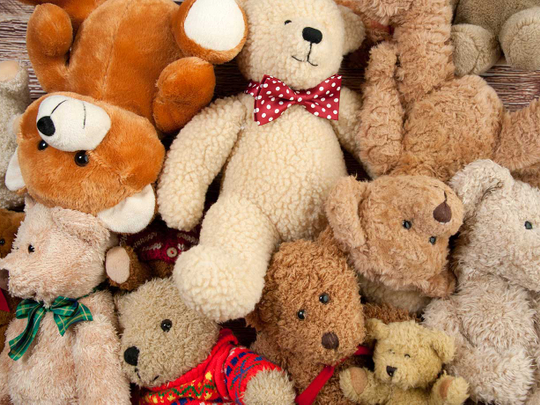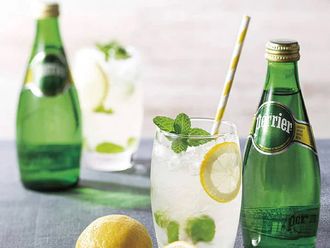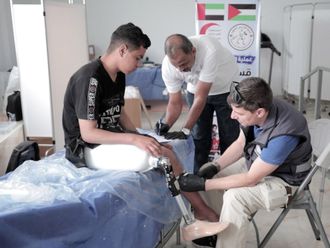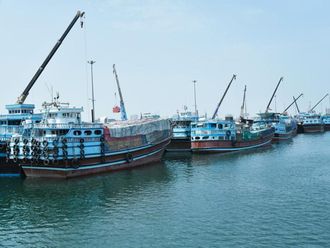
Dubai: Stuffed dolls and spinning tops might be a lot more harmful than you think.
Authorities are cracking down on hazardous toys and according to recently released statistics, Dubai Municipality has banned 50 toy brands in the first seven months of 2015.
The toys either contained objects that were either sharp or small enough to be ingested, made up of flammable materials, or did not have sufficient strength to withstand regular wear and tear.
The report also showed that several cases of make-up targeted towards young girls were also classified as toys that failed to pass the municipality’s inspections, which included the Small Twin Heart Make-Up Kit, made in China, which featured Disney’s Frozen characters – as it contained sharp edges that, “may present an unreasonable risk of injury related to cuts and lacerations.”
Other banned toys included in the list were magnetic letters manufactured in China, labelled as hazardous as it contained small pieces that were associated with the ingestion of strong magnets, in addition to a Halloween latex mask of a witch (made in Sri Lanka) that contained flammable materials.
A senior municipal official explained that when vendors who want to sell new toys at their shop are required to either send a sample to our Central Laboratory, or to submit a test report issued from a laboratory where toys are tested as per the European standard EN-71, set by the European Union.
However, the banning of toys has been declining in the last four years, as previous Gulf News reports showed that as many as 184 toys were banned in 2011.
“To ensure the happiness of residents, we check for toys as well as ride games in parks and recreational areas. As the level of happiness ties hand-in-hand with the safety standards that the municipality enforces,” said Sultan Al Suwaidi, deputy head of the municipality’s Public Health and Safety Department.
“We also carry out regular inspections in shops to ensure that the safety requirements of toys are adhered to, and carry out a number of tests at the laboratory to check whether distributers are selling safe products,” he said.
If retail shops continue to sell the banned toys despite having received previous notifications of of their infractions, Al Suwaidi explained that hefty fines and the possibility of closure is slapped against offenders.
Health risk in teddy bears
Parents also play a vital role in safeguarding their children’s health, as stuffed toys can harbour germs.
In a study launched late last year in the UK by Dettol, it found that:
- 80 per cent of teddy bears harbour bacteria that can trigger a bout of food poisoning.
- Tests revealed one in four contained traces of faeces.
- Three out of four bears were not washed after a child fell ill.
- One in five bears were never washed.
Source: Dettol’s Care For Your Bear Campaign












